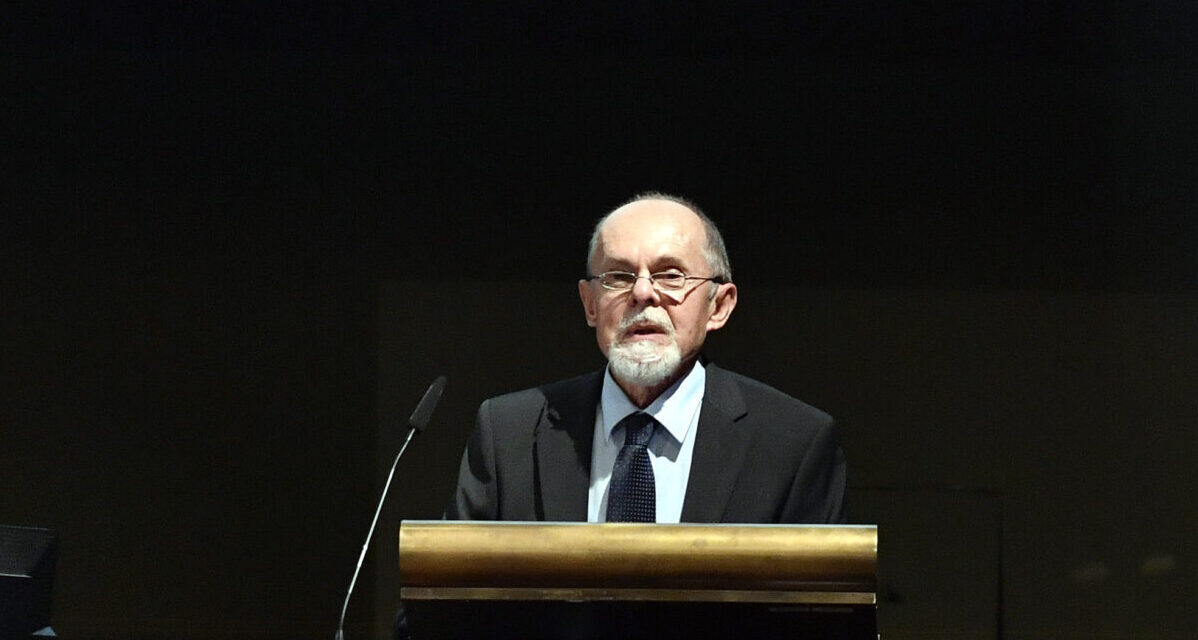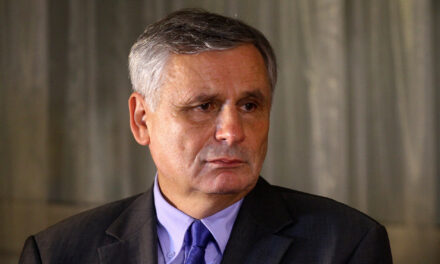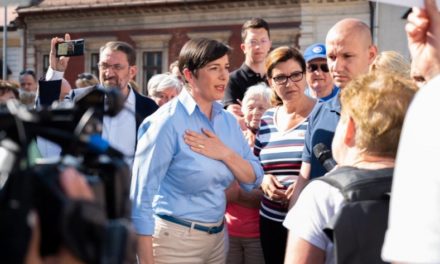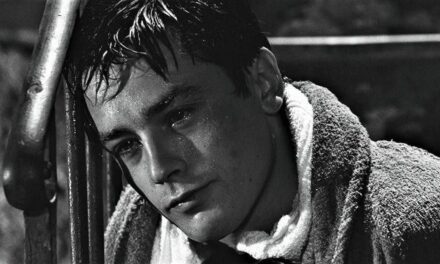The presentation of the fact of the peasant war now unfolding all over Europe seems to be the most strictly "protected" embargo matter. Written by László Bogár.
Although the global media deployed all its weapons of opinion power in order to make the "peasant's war" that rocked Germany appear as non-existent, the world was still able to see dramatic images of the "real reality".
No fuel, no food, no futures, that is, if there is no fuel, no food, and if there is no food, then there is no future either - this is how the most frequently used slogan of German farmers sounds, obviously in English, because this was the only way to hope for the global attracting media attention.
But the reality works of the global media may now have particularly strict instructions about what is allowed and what is not.
The presentation of the fact of the peasant war now unfolding all over Europe seems to be the most strictly "protected" embargo matter. Perhaps it would still be worth pondering a little about why?
At the time, after the Second World War, European integration served the strategic interests of the American world empire, which was at the peak of its career, in two very important respects. One is the close connection of German and French heavy industry, which made it possible for the empire to make this par excellence military industrial complex a "strictly controlled" imperial hunting ground with low specific costs. This German-French amalgamation precluded the possibility that either of them would be able to start a surprise war. This was served by the 1951 authorization of the European Coal and Steel Community.
The other, perhaps less spectacular area was the Common Agricultural Policy (CAP).
It really wasn't very spectacular, even though this was also an area strictly controlled by the American empire. It is true in general, but in post-war Europe, which is in a rather delicate situation, the evident fact that food supply is perhaps even more delicate and important strategic sector than heavy industry has proven to be true many times over.
Because although the share of agriculture in the macrostatistics that give a false picture is only a few percent, that is, it could even be "negligible", but not only is it not, but as it turns out, it is more important than anything imaginable.
Ecologist Hermann Daly has an insightful analogy that reflects the fact that the weight of agriculture has actually decreased to a few percent of the total economic performance of the richest Western countries. Daly says that due to construction technologies, even in high-rise buildings, the ratio of base to superstructure is much smaller today than it was a hundred years ago, But let's pull out the base and see what happens to our hundred-story skyscraper.
In other words, no matter how "negligible" the proportion of agriculture is, there is simply no life without it.
Historically, however, the ratio was able to become so low because the entire industrial revolution and the euphemistically "primary capital accumulation" were based on the brutal plundering of the peasant society, which was also helped by the resource pump elegantly called "price formation", and is still far undervalued in the past and today the agriculture.
The great peasant wars of the 15th and 16th centuries broke out for exactly the same reason as today's.
At that time, in a century and a half, in addition to literally "pulling the ground" out from under the feet of the peasantry, the average daily working hours of the peasants doubled, and the income received for this was halved. It is understandable (though not excusable) that the brutal cruelty of the somewhat frustrated peasant masses knew no bounds. True, not so much the subsequent reprisals.
The global power economy and the collaborative ruling structures of Europe, which is increasingly subordinated to it and forced to play a pariah role, would now carry out the same thing, passing on the costs of prolonging the agony of the American world empire to the peasant society.
The outcome of the conflict is still unpredictable today, because the entire European system of government is in a state of pre-collapse.
As in 15–16. The rebel leaders who led the peasant wars of the 19th century did not have an "adequate narrative" about the content of an agreement that was necessary and possible, and today we are only experiencing the swirling eddies of emotions, and the outlines of the new agreement are not very visible.
In principle, the European Parliament elections could help the development of suitable modes of narration, but the main function of global reality industry works is precisely to try to prevent this with all available means. In order for our situation to be talkable at all, a dramatic transformation of the general spiritual, moral, and spiritual "structure" of the European ruling groups would be necessary, which for the time being seems to be an illusion.
It is no coincidence that the American empire has been trying to do everything for decades now to corrupt the European elites, especially the representatives of the European Parliament, so it will be very difficult to get out of this trap.
It's very difficult, but maybe not impossible. This now unfolding general peasant war is perhaps the last straw. The cynical order of the American empire for Ukraine's accelerated EU membership would be a devastating blow to the European peasant society, and for the people of Europe, the agrarian giants of the global power economy temporarily stationed on the territory of Ukraine would deliver the mass of dangerous waste that looks like food, which would deal a fatal blow to the European peasant society and at the same time to the whole of Europe. .
Today, there may still be a chance to avoid this dark historical scenario, but for that we should finally call our common things by their names. If we are not able to do this either, then the general intellectual and moral decline remains.













